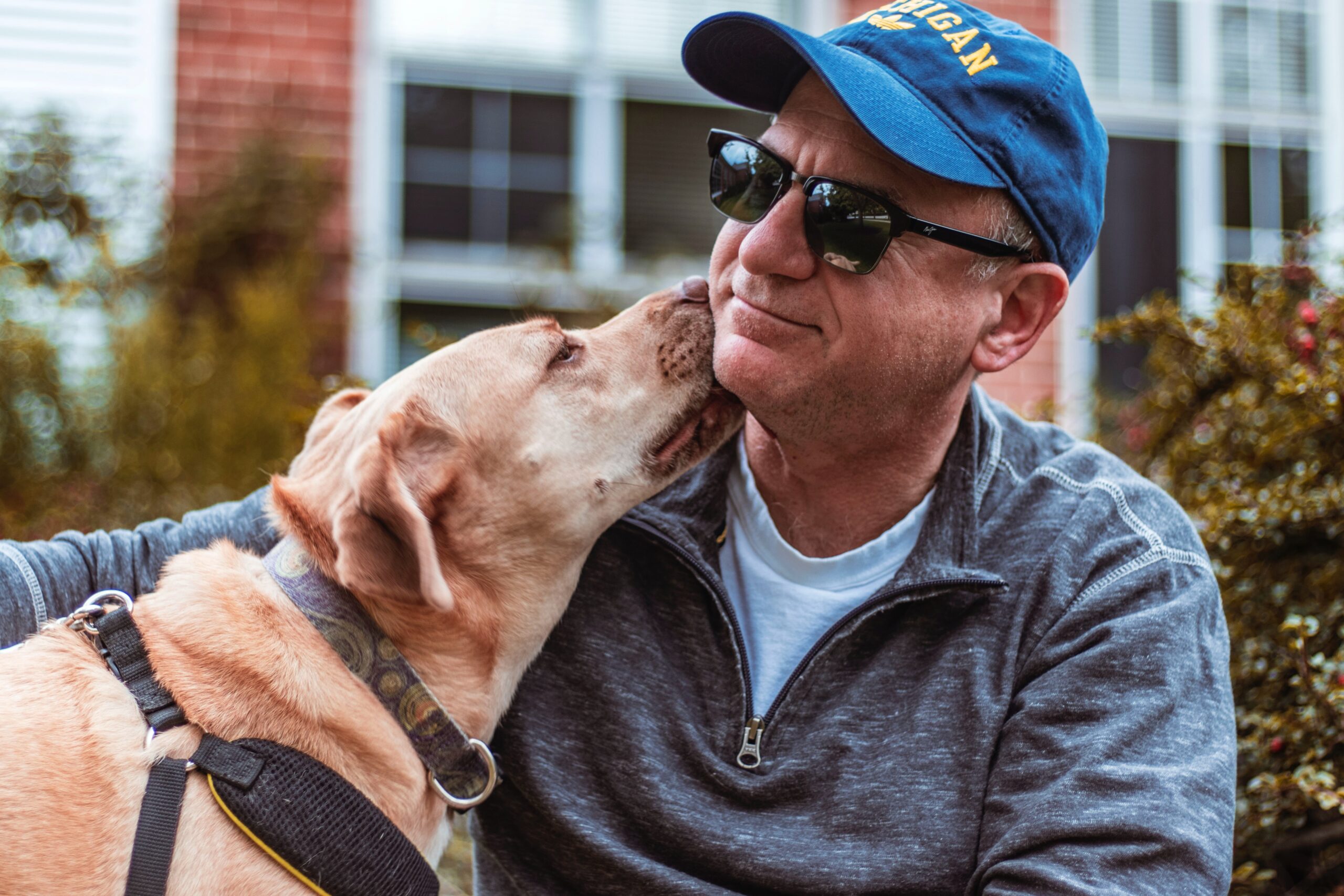Symptoms and Treatment of Post-Stroke Depression

A stroke occurs when blood flow to the brain is interrupted by a blood clot or bleeding. While everyone’s experience is different, the impacts on mobility, communication and independence that often occur can make a survivor feel like they have lost the life they had before. In addition, a stroke can create structural damage and chemical changes in the brain that can significantly impact mood and personality. Feelings of grief, helplessness, fear, shock and anger are all expected responses to a devastating event like a stroke, but these emotions can sometimes become too overwhelming and make it difficult to cope.
Although death rates are declining and many people live very full lives after a stroke, one in three survivors experience clinical depression at some point during the five years after a stroke. Despite being a very common experience, depression in stroke survivors is often undiagnosed and this can significantly affect daily functioning and interfere with recovery and rehabilitation. If you are a caregiver worried about the mental health of a loved one or are struggling with your own depression after a stroke, read on for things to watch out for and strategies for treating concerning symptoms.
Signs of Depression After a Stroke
A diagnosis of post-stroke depression can be difficult because many of the symptoms can be caused by either a stroke or depression, including changes in eating or sleeping patterns. Also, while most symptoms begin between three to six months after a stroke, some people may experience depression as early as a month to as late as several years after surviving a stroke. Depression is more likely to last for those who are younger, more disabled by their stroke, or unable to return to work for a prolonged period of time. Generally, the signs of post-stroke depression are the same as clinical depression. Here are some of the more common symptoms to watch out for:
- Persistent sadness and hopelessness
- Feelings of guilt, worthlessness or feeling like a failure
- Irritability and anger
- Difficulty concentrating or making decisions
- Memory problems
- Decreased energy or motivation
- Aches and pains without a known cause
- Loss of interest in activities previously enjoyed
- Social withdrawal
- Sleep difficulties including excessive sleeping or not enough
- Loss of appetite or eating too much
- Thoughts of suicide or death*
*Any suicidal thoughts, comments or behaviours are a mental health emergency and should be taken seriously. Do not leave your loved one alone and try to arrange for them to see their doctor right away or bring them to the emergency room immediately. Call Talk Suicide Canada at 1-833-456-4566 for immediate and 24/7/365 support.
Treatment Options for Stroke Survivors
Depression is usually very treatable with the right plan in place under the direction of a health care team. Often the best place to start is to reach out to the physician, neurologist or health professional who has guided your or your loved one’s recovery. A combination of antidepressant medication and counseling or other forms of talk therapy are often beneficial if the person who had a stroke does not have serious communication or cognitive impairments.
Other recommendations may include doctor-approved physical activity, nourishing food, increased social connections and prioritizing hobbies and interests to help combat overwhelming feelings of sadness. Stroke support groups that encourage the sharing of experiences and coping techniques can also be very positive.
Post-stroke depression is a common complication of stroke that can further impact quality of life for survivors. However, knowing the signs of depression and reaching out to a doctor as soon as possible will improve outcomes and support a successful recovery.
If you enjoyed this article, you may also like to read:
